May 1, 2015
Rubberstamp for relocation of HSBC headquarters to Birmingham 0
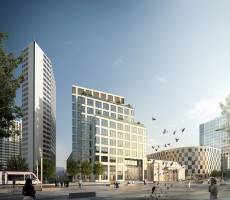 Unsurprisingly, the high profile relocation of HSBC to a new base in Birmingham has been rubberstamped by the city’s council. Despite HSBC’s recent threat to quit the UK completely, the planning committee has confirmed that the move, first announced in March, will go ahead as planned. The new 210,000 sq. ft. landmark building at the 2 Arena Central mixed use scheme has been designed by Ken Shuttleworth for handover to HSBC in 2017. The move to Birmingham has been largely attributed to the bank’s reaction to the financial crisis and the subsequent climate of legislative reform and public criticism. HSBC has longstanding links with the West Midlands and The Birmingham Post reported recently that it may resurrect the name Midland Bank as it relocates 1,000 staff to the UK’s heartland.
Unsurprisingly, the high profile relocation of HSBC to a new base in Birmingham has been rubberstamped by the city’s council. Despite HSBC’s recent threat to quit the UK completely, the planning committee has confirmed that the move, first announced in March, will go ahead as planned. The new 210,000 sq. ft. landmark building at the 2 Arena Central mixed use scheme has been designed by Ken Shuttleworth for handover to HSBC in 2017. The move to Birmingham has been largely attributed to the bank’s reaction to the financial crisis and the subsequent climate of legislative reform and public criticism. HSBC has longstanding links with the West Midlands and The Birmingham Post reported recently that it may resurrect the name Midland Bank as it relocates 1,000 staff to the UK’s heartland.






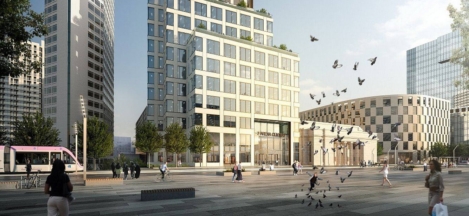
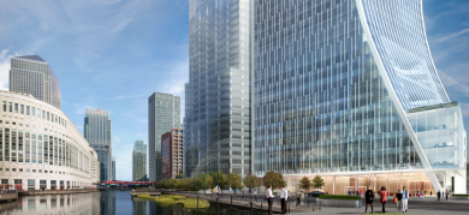
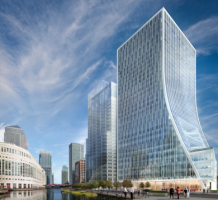






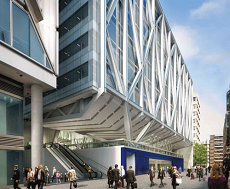



















March 18, 2015
What the colonisation of new domains tells us about how we work
by Charles Marks • Architecture, Cities, Comment, Flexible working
More →